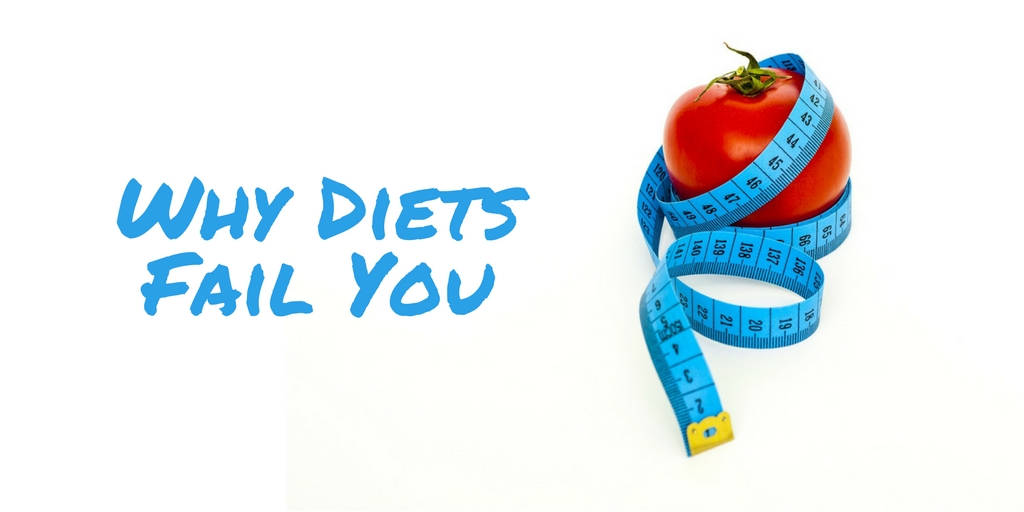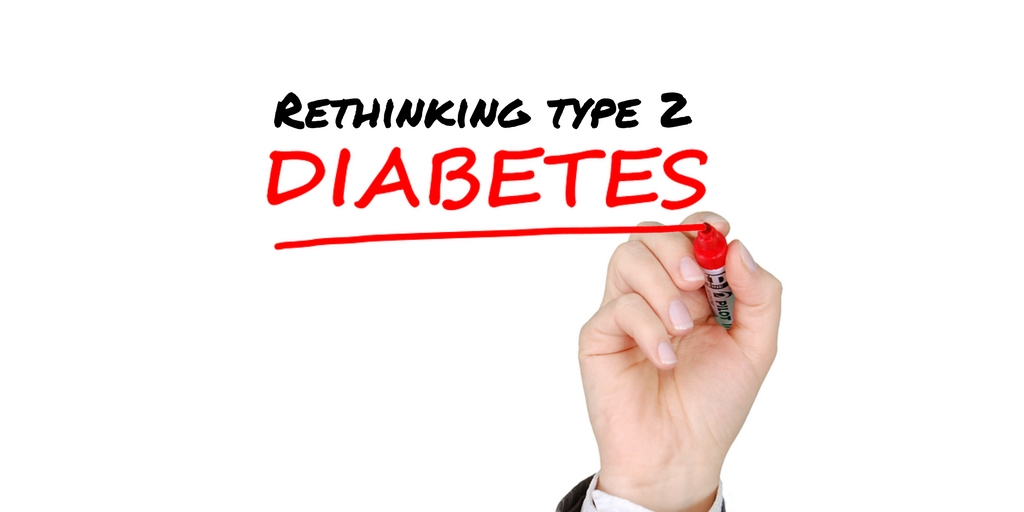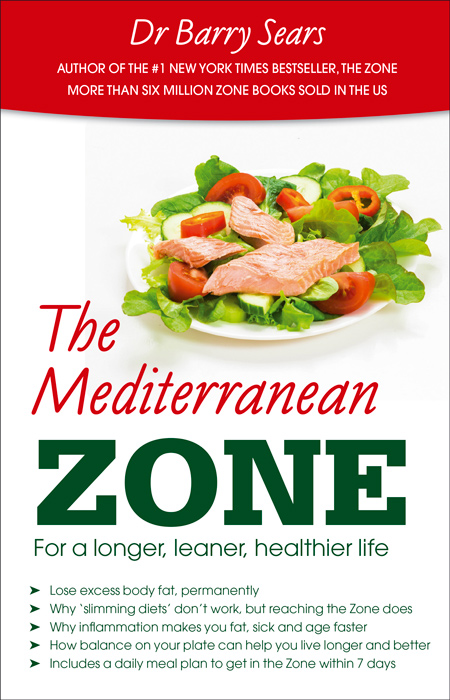
Nowhere is hope over experience more prevalent than in the world of the multimillion-dollar diet industry.
There is a growing amount of evidence suggesting that for many people going on a diet which restricts what you eat as a way of achieving enduring weight loss does not work and is not sustainable in either the mid or long term.
If restrictive or calorie-controlled diets worked, then by now one ‘super diet’ would have emerged and it would work for everyone, but this is definitely not the case. Hundreds of diet books are published every year and no doubt this trend will continue.
Any diet that encourages you to eat fewer calories, or to radically cut out whole food groups, in order to achieve weight loss is scientifically flawed. Denying yourself food to the point of going hungry convinces your subconscious mind that you are living in a time of food shortage or famine and passes messages to your body to hold onto its fat as your mind is not sure for how long the food shortage will continue. As you can imagine, this is counter-productive to good health as the body feels under stress.
If you have dieted in the past, and most people have, your mind will have a ‘memory’ of experiencing those periods of reduced food intake. Periods of self-induced calorie reduction where you experience hunger pangs are very difficult to maintain and are often the trigger for a stint of bingeing or excessive eating. This is what is meant by ‘yo-yo dieting’. Yo-yo dieting like this can negatively affect your metabolism, making it even harder in the future to regulate your weight. If you recognise you have a pattern of dieting and bingeing, then it is even more vital that when you commit to eating real food as part of nutritionally balanced meals that leave you satisfied, and that you do not go hungry, as this will quickly plunge your metabolism back into fat-storing mode.
A holistic, all-body approach to eating real food means that there is no advantage to going hungry or feeling deprived. This approach is diametrically opposed to the usual diet model. In How to Feel Differently about Food, we encourage a way of eating that promotes reassuring your mind that nutritious food is available to you and that your body is no longer under threat of impending food shortage. This reassurance enables habitual stress levels around food to be reduced and when the stress symptoms of emotional eating are reduced, your body reduces its production of cortisol – the stress hormone that can also inhibit weight loss. Feeling less stressed also ensures that the nourishment in the foods that are eaten becomes more ‘bio-available’ and advantageous. Later in the book we explain how stress shuts down many of the processes of digestion, leaving sufferers deprived of essential nutrition.
Our methodology promotes resetting your metabolism into fat-burning mode instead of fat-storing mode and this is achieved through selecting appetising and tasty foods that encourage satiety. In addition, this approach HOW TO FEEL DIFFERENTLY ABOUT FOOD 10 focuses on the effect of refined sugar as a key cause of weight gain. Sugar and simple carbohydrates are rapidly absorbed into your bloodstream and affect your body’s production of insulin. Rapid spikes in blood sugar cause insulin levels to rise and take sugar out of the bloodstream and into storage in the liver, muscles and (if they are full) fat cells; the high glucose level is therefore followed by a rapid drop in blood glucose levels. This in itself can be the cause of sugar cravings and the trigger for compulsive eating. The cumulative effect of eating in ways that spike insulin production eventually leads to what is called ‘insulin resistance’. This is a condition in which the cells of the body become unresponsive to increasingly high levels of insulin and this is a key predictor of diabetes.
The latest figures from the Centers for Disease Control (CDC, 2014) in the US show that almost 10 per cent of the US population has been diagnosed with diabetes. The equivalent figures from Diabetes UK (2015) show figures approaching 3.5 million in 2015 and all predictions expect these numbers to grow year upon year. In addition, many, many more people the world over have ‘pre-diabetes’ (also known as metabolic syndrome) and remain undiagnosed until their health deteriorates with associated serious health problems – heart, circulation, eyesight and kidney damage – that bring them to medical attention and the confirmation of type 2 diabetes. Going back to health risks associated with being overweight, the incidence of pre-diabetes and diabetes itself is higher in patients who are classed as obese.
There are two other important hormones found to affect a person’s ability to manage his/her weight. The first is called leptin. It is made by fat cells and works to decrease appetite. This can become unbalanced in response to insulin resistance caused by spikes in blood sugar levels. Leptin is responsible for sending messages to your brain that you’ve eaten enough and feel sated. When leptin’s signalling goes awry, the hormone stops being produced so the messages that you have eaten enough are no longer sent, which leads to an inability to determine satiety. This is called ‘leptin resistance’. Medical professionals are now focusing more on the part leptin plays in the development of obesity, and how the hormone responds may actually be the result of obesity.
The second key involved with appetite is called ghrelin and its job is to signal to you that you are hungry. It also influences how quickly you feel hungry again after eating. Ghrelin naturally increases before meal times and is then designed to reduce after eating for around three hours until it once more naturally increases to signal the need to eat again. However, this hormone too can become unbalanced and send hunger signals more frequently, encouraging a reduction in the time between meals or even promoting the habit of constant grazing on food. One way that ghrelin becomes out of balance is through stress, which disturbs sleep patterns. This can affect workers who work unnatural hours such as night shifts. Not getting enough sleep has been shown to increase levels of ghrelin and cause an increase in appetite.
In simple terms, the hormonal responses that help manage appetite and weight are like a house of cards that are all interdependent on each other to maximise your health, weight management and wellbeing. Although designed to be perfectly in balance, a key element that can cause the whole house of cards to collapse is the eating of sugar and simple carbohydrates. It doesn’t take long before sugar spikes begin to undermine the complex hormonal interactions.
The good news is that by reducing stress levels, improving sleep patterns and changing the types of food eaten it is possible to re-calibrate the hormones’ signals to the brain to promote a feeling of fullness and enhanced wellbeing. On the food front this is achieved by cutting out refined sugars, simple carbohydrates and processed foods and replacing them with real foods, including plenty of good fats, such as olive oil, oily fish and nuts that your body can naturally process.
This blog was taken from Sally Baker and Liz Hogon’s book How to Feel Differently About Food


